Carbon Offsets: Examining their Role in Greenhouse Gas ReductionInclude Color CD
This new book looks at carbon offsets which provide a way for individuals, businesses, and governments to address concerns about the impact of their greenhouse gas emissions on the earth's climate by paying others to undertake activities that reduce, avoid, or sequester greenhouse gases. A carbon offset can be defined as a measurable reduction of greenhouse gas emissions occurring elsewhere. For example, a U.S. manufacturer might offset its emissions by funding an external project that captures methane, a greenhouse gas emitted from agricultural sources and landfills. The emissions reduced, avoided, or sequestered by such projects are collectively termed carbon offsets, though they may involve different greenhouse gases. Carbon offsets are a potentially attractive option for those interested in addressing concerns about climate change because they can offer a potentially low-cost and convenient means of reducing, avoiding or sequestering greenhouse gas emissions relative to other options, such as altering manufacturing processes or using less fossil fuel.This book consists of public documents which have been located, gathered, combined, reformatted, and enhanced with a subject index, selectively edited and bound to provide easy access.
{{comment.content}}
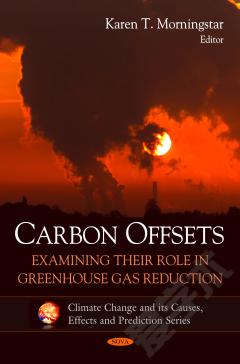

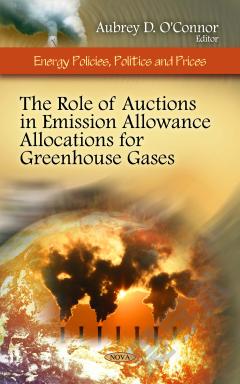
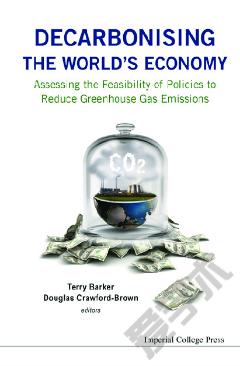
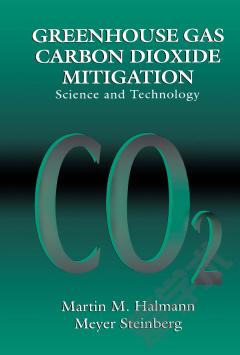
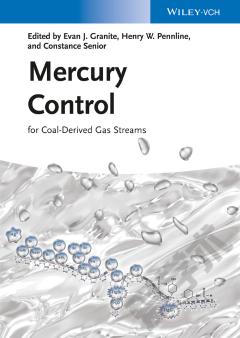
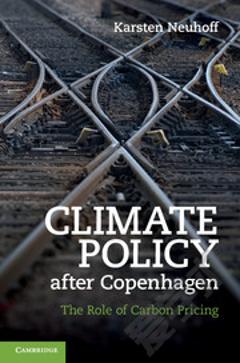

 京公网安备 11010802027623号
京公网安备 11010802027623号